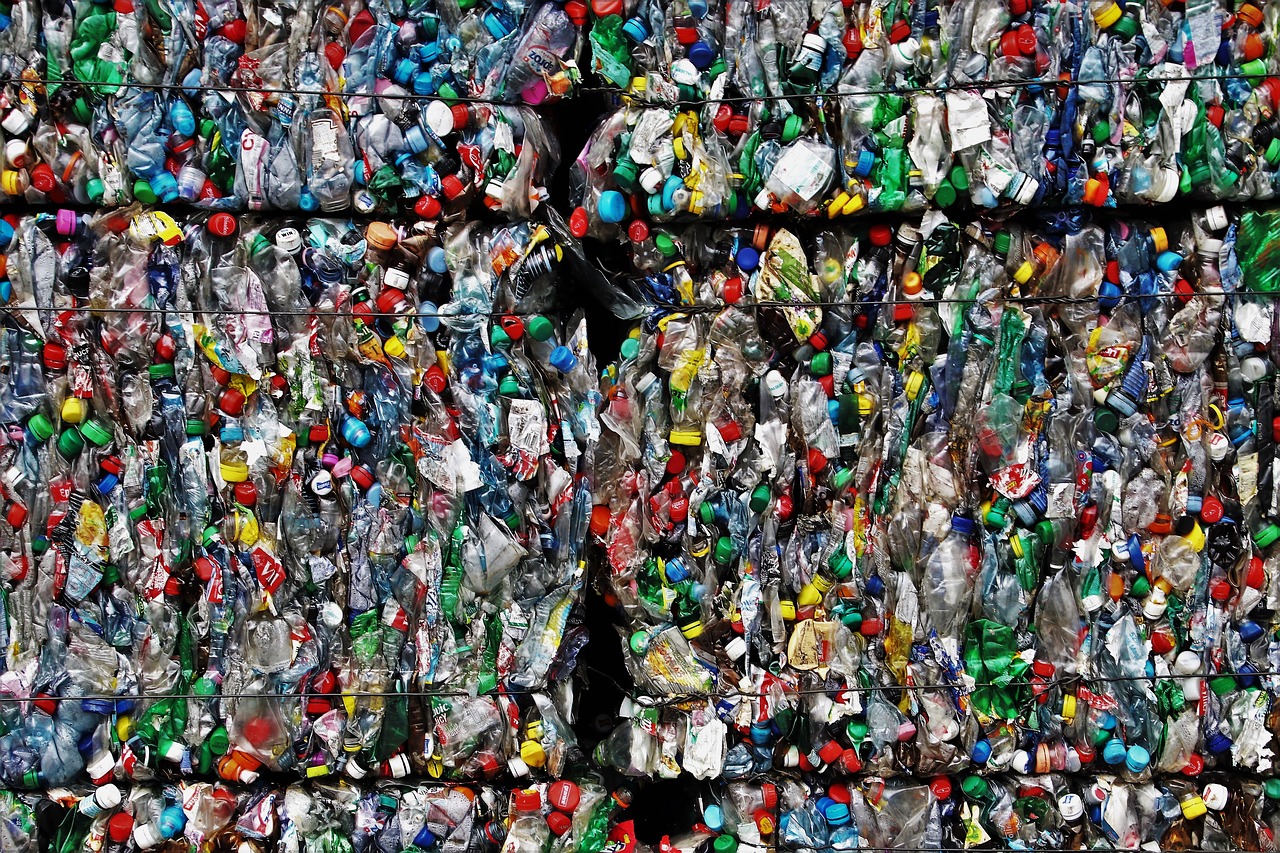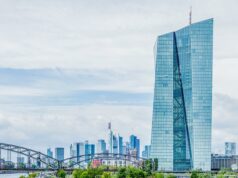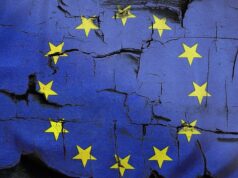
220 kilos of packaging waste is caused every year by Germans. More and more of them are landing in Turkey. This is one of the countries that pollute the Mediterranean most with plastic waste.
More and more plastic waste mixes with bathing on the Turkish Riviera: straws, cups, bottles, plastic snippets. Turkey is one of the countries that pollute the Mediterranean most heavily with plastic waste. At the same time, however, the country is importing more and more plastic waste – also from Germany.
According to the Federal Statistical Office, 18,000 tonnes of plastic waste from Germany came to Turkey in 2017, and by 2018 already 50,000 tonnes.
Garbage as a second-hand resource
Why Turkey introduces garbage at all, explains Serhan Maden of the Association of waste paper and recycling entrepreneurs: Turkey does not have the raw material for the production of products from petroleum derivatives. Therefore, the country buys the raw materials for expensive money. „There is the possibility of producing valuable materials called second-hand raw materials, which is why we consider the import of valuable materials into Turkey and their recycling as an opportunity.“
In that sense, 2018 was a good year. The high increase was mainly due to China stopping the import of plastic waste. Much of it landed in Anatolia instead. This has clearly been too much for Turkey, says Deniz Bayram, head of the Mediterranean Department at the environmental organization Greenpeace: „This development has happened very suddenly, Turkey is already overwhelmed with the separation and recycling of its own waste. that the waste import volume has increased dramatically before the country has been able to develop new strategies for this situation. “
Import instead of recycling yourself
So far, only about ten percent of Turkish waste is recycled. Although the recycling rate is expected to rise to 35 percent by 2023, this is a matter of waste separation, says Maden. In the households are almost not separated and a subsequent sorting is expensive. „Instead of spending a lot of money on waste separation within Turkey, we import clean waste or clean recyclables from abroad.“
The senders of these valuable materials do not get any money, but they also do not have to pay for someone to take the garbage away from them. The Turkish receivers assume the transport costs. Importing residual waste is strictly prohibited and also not in the sense of the Turkish waste management industry, says association spokesman Maden. The best way to clean, sorted, pure waste can be recycled. „Waste paper, for example, produces cardboard boxes, plastic bottles make fibers, artificial wadding or jerseys or the plastic is further processed into granules and sold as raw material.“
Does imported garbage land in the sea?
But these products will eventually be garbage again. In the worst case, he ends up in the sea. Does importing plastic garbage from Germany contribute to the pollution of the Mediterranean? Bayram does not want to exclude that. One can not yet say whether the import of waste contributes to the pollution of the Mediterranean. Corresponding studies do not exist yet. „The heavy plastic pollution in the Mediterranean, however, is a fact.“
As a cause, the use of many disposable products in the tourism industry has been identified. Therefore, recently, a zero-waste determination came into force. Each hotel or holiday resort must separate the waste in the future on site and dispense with disposable products largely.



